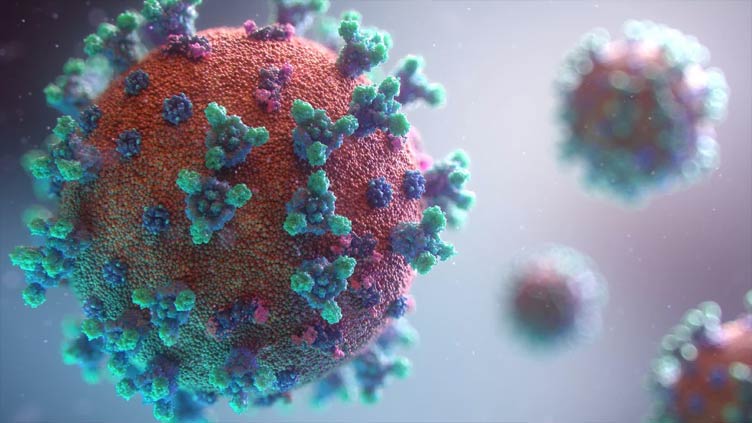New Covid-19 strain: What to know about 'Arcturus'

It has spread most widely in India but has been found in 31 countries including the United States.
ISLAMABAD (Web Desk) - The latest subvariant that causes Covid-19 is spreading rapidly, but the World Health Organization considersTrusted Source it to be no more dangerous than the other variations of the novel coronavirus now in circulation.
A subvariant of the highly contagious Omicron variant of Covid-19, XBB 1.16 — also known as Arcturus — was initially detected in January 2023.
It has spread most widely in India but has been found in 31 countries including the United States.
“The upward trend of cases warrants public health experts to remind the community on protective measures against the spread of disease,” Bernadette Boden-Albala, MPH, the director and founding dean of the University of California Irvine’s Program in Public Health, told Medical News Today.
“It is concerning that there are so many Omicron subvariants circulating in our communities, but it [should] be part of our daily routine to wear masks and practice safe distancing when one of the subvariants pick up steam,” she added.
What to know about the Arcturus Covid variant
The U.S. Centers for Disease Control and Prevention (CDC) estimates that slightly less than 10% of new Covid-19 cases in the United States involve the XBB 1.16 strain, with the vast majority of cases represented by the XBB 1.5 Omicron sub variant.
“The global risk assessment for XBB.1.16 is low as compared to XBB.1.5 and the other currently circulating variants,” according to the WHO, which noted that “no changes in severity have been reported in countries where XBB.1.16 are reported to be circulating.”
“In India and Indonesia, there has been a slight increase in [hospital] bed occupancy numbers. However, the levels are much lower than seen in previous variant waves,” the organization added.
Brad Hutton, a public health consultant at Hutton Health Consulting and former deputy commissioner of public health at the New York State Department of Health, told Medical News Today that Arcturus “appears to have a competitive advantage to the current predominant variant in the globe, XBB.1.5. However, it is unlikely to be a major cause for concern since it does not appear to result in more severe illness than XBB.1.5.”
Keeping an eye on the new Covid-19 variant
WHO designated Arcturus a “variant of interest” but not a “variant of concern.”
The latter “would represent a major shift from previous strains,” said Dr. Brian Labus, an assistant professor in the Department of Epidemiology and Biostatistics at the University of Nevada Las Vegas School of Public Health.
“This strain is just another small step in the slow evolution of the virus to keep up with the human immune system,” Labus told Medical News Today.
“Given the trajectory so far, it is likely to become the dominant strain circulating in most communities, but that doesn’t mean it is going to cause large outbreaks or overwhelm our hospitals,” he added.
The symptoms of Arcturus
That’s not to say that Arcturus acts the same as other Covid-19 variants now in circulation, however. “Arcturus causes a high fever and, particularly in children, conjunctivitis (pink eye),” although no cases of conjunctivitis related to Arcturus have yet been reported in the United States, noted Dr. Chandra Bakshi, a professor of pathology, microbiology and immunology at New York Medical College.
Like the currently dominant XBB 1.5 variant of Covid-19, Arcturus retains the ability to cause severe illness. Several deaths in the United Kingdom have been attributed to the XBB 1.16 sub variant, Baskhi told Medical News Today.
“Everyone should continue to be vigilant for new circulating strains and stay up to date with their Covid-19 boosters, especially if they have not had a vaccine dose or natural infection in the last 3 to 4 months,” added Hutton. “Additionally, as recently announced by the FDA and CDC, those 65 and over or immunocompromised should consider getting a second Trusted Source bivalent Covid-19 booster.”

